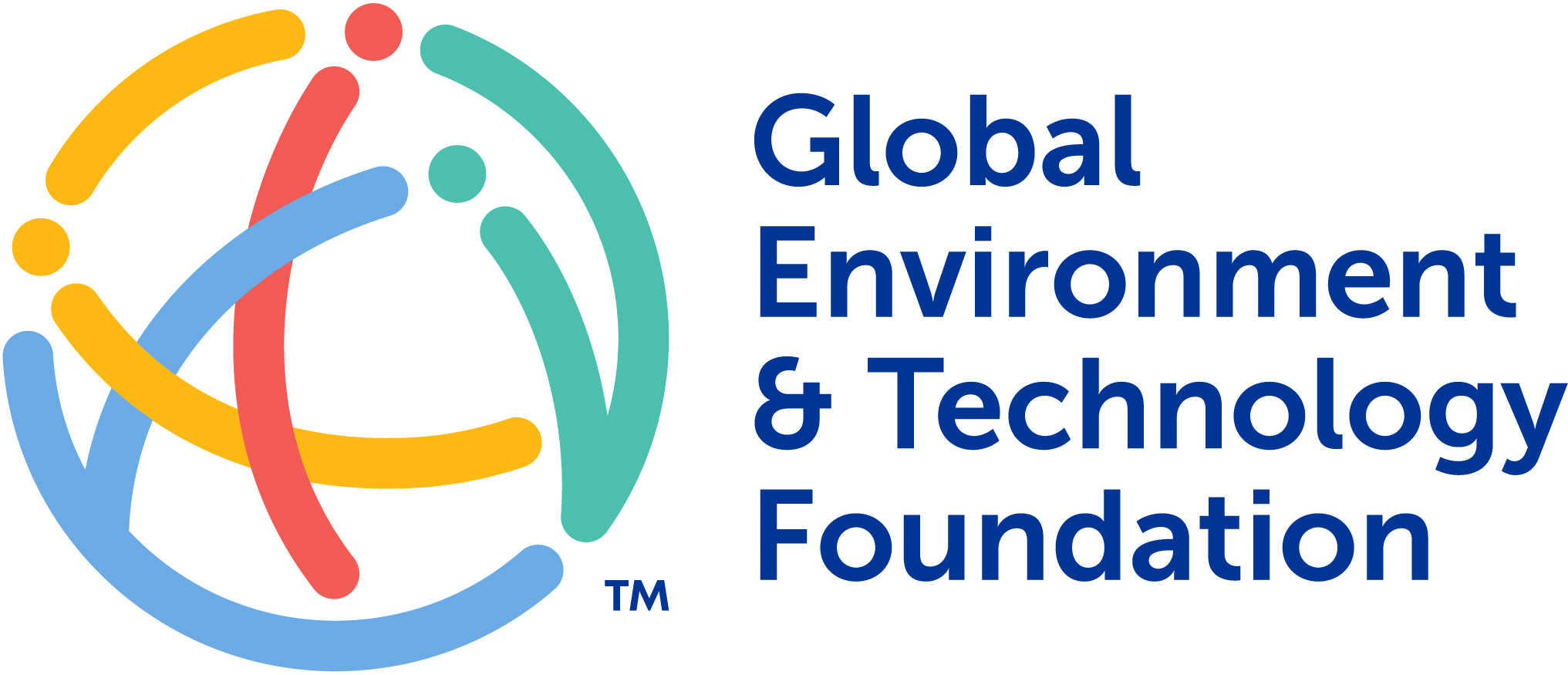We Need to Empower Everyone to Tackle Water Issues
Written By: Alexandra Costeau, Founder and President, Blue Legacy International

We Need to Empower Everyone to Tackle Water Issues
As we enjoy the last of summer, I find myself reflecting on the last few months with bittersweet memories. While swimming in the Pacific Ocean and sailing on Lake Champlain, Vermont, I have enjoyed the best our water resources have to offer. News reports across the U.S., however, have been a reminder that our water systems are increasingly at risk of nutrient pollution.
North Carolina’s Chowan River, the Great Lakes and the entire Pacific coast have experienced hazardous algal blooms this year that have prevented recreational activity, threatened the health of aquatic species and even endangered the health of communities living along these waterways. I cannot imagine, and do not want, a future where our water is too polluted to enjoy the gifts it brings our lives.
Changing the course of our water future requires a collaborative approach that informs and empowers everyone — from national leaders and scientists to community groups and individual citizens. While efforts like the U.S. Open Water Data Initiative are championing unprecedented transparency of water information, there is a need to translate the complex science behind water data into tangible and accessible opportunities to increase the general public’s understanding of the state of water in the U.S.
With today’s innovative technology achievements, we know it's possible to bring the power of storytelling and the science of water data together to inform communities and disturb the water management status quo.
The U.S. Geological Survey, the U.S. Environmental Protection Agency, and Blue Legacy International hosted the2015 Visualizing Nutrients Challenge, where solvers produced creative and compelling interpretations of nutrient water data demonstrating the possibilities for communicating risks, impacts and solutions related to nutrient pollution.
The visualization created by Matthew Seibert, Benjamin Wellington, and Eric Roy of Landscape Metrics won the First Prize in the Challenge for an interactive tutorial about algal blooms on Lake Erie, a water body that the National Oceanic and Atmospheric Administration predicts will see algae growth in 2015 that could rival the record-setting 2011 bloom.
Between government policies and engagement such as the Challenge, momentum is building and public awareness of water issues is improving. Now is the time to come together around kitchen counters, in city halls and across conference tables to take collective action toward a more sustainable water future that is championed by each and every one of us.
Alexandra Cousteau is a National Geographic emerging explorer, filmmaker and globally recognized advocate who continues the work of her renowned grandfather, Jacques-Yves Cousteau, and her father, Philippe Cousteau Sr.
Blue Legacy is a 501(c)(3) non-profit organization founded by Alexandra Cousteau with a mission to empower people to reclaim and restore the world’s water, one community at a time. Since 2009, Blue Legacy has been exploring water issues around the globe and sharing our findings through short films and mainstream and social media.Through strategic collaborations, Blue Legacy infuses environmental science, technology, and exploration into digital media and storytelling assets to build public awareness of the interconnectivity and importance of local watersheds and global water resources, and to inspire more sustainable water management actions by business leaders, elected officials, communities, and citizens.

